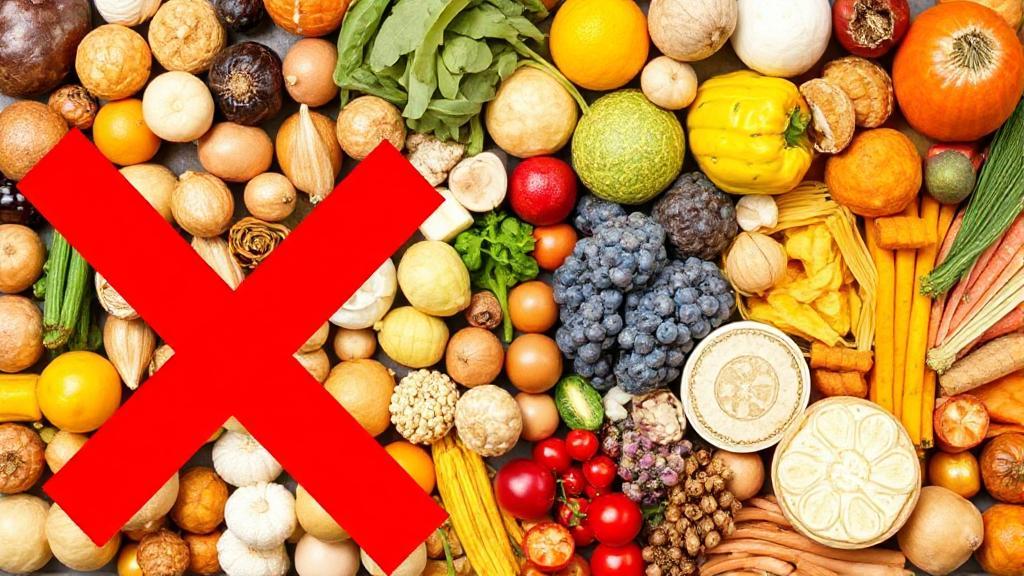Understanding Sulfa Allergies
A sulfa allergy is a reaction to drugs that contain sulfonamides, a group of medicines that include antibiotics and other types of medications. It's important to note that a sulfa allergy is different from a sulfite allergy, which is a reaction to food preservatives.
What is a Sulfa Allergy?
Sulfa allergies occur when the immune system overreacts to sulfonamide medications. Symptoms can range from mild to severe and may include:
- Skin rashes
- Hives
- Itching
- Swelling
- Difficulty breathing
In rare cases, a sulfa allergy can lead to anaphylaxis, a life-threatening condition that requires immediate medical attention.
High-Risk Foods to Avoid
Processed Foods
- Dried fruits treated with sulfites
- Packaged potato products
- Processed meats containing preservatives
- Commercial salad dressings
- Packaged soups and broths
Beverages
- Wine (especially white wines)
- Beer
- Some fruit juices
- Soft drinks containing sulfites
Condiments and Seasonings
- Certain mustards
- Some vinegars
- Pickled foods
- Sauerkraut
Foods That May Require Caution
Naturally Sulfur-Rich Foods
While natural sulfur compounds in foods are generally safe, some individuals with sulfa allergies may be sensitive to:
- Garlic
- Onions
- Eggs
- Cruciferous vegetables
- Broccoli
- Cauliflower
- Brussels sprouts
- Cabbage
Reading Labels
"Knowledge is power when managing food allergies. Always read ingredient labels carefully and when in doubt, contact the manufacturer."
Key Terms to Watch For
Managing a Sulfa Allergy
Safe Alternatives
- Unprocessed fruits and vegetables
- Fresh meats without preservatives
- Homemade salad dressings
- Fresh-baked breads without preservatives
- Water
- Fresh-squeezed juices
- Organic coffee and tea
- Preservative-free beverages
Prevention Tips
- Keep a food diary to track reactions
- Carry medical alert identification
- Prepare meals at home when possible
- Research restaurants beforehand
- Always carry prescribed emergency medication
Consult with Healthcare Professionals
If you suspect you have a sulfa allergy, consult with an allergist or healthcare provider. They can perform tests to confirm the allergy and provide guidance on managing it. For more information, you can visit:
- FDA's page on sulfites
- Food Allergy Research & Education (FARE)
- American Academy of Allergy, Asthma, and Immunology (AAAAI)
Remember that everyone's sensitivity levels differ, and what triggers a reaction in one person may not affect another. Working with an allergist can help develop a personalized approach to managing your sulfa allergy while maintaining a healthy, varied diet.
